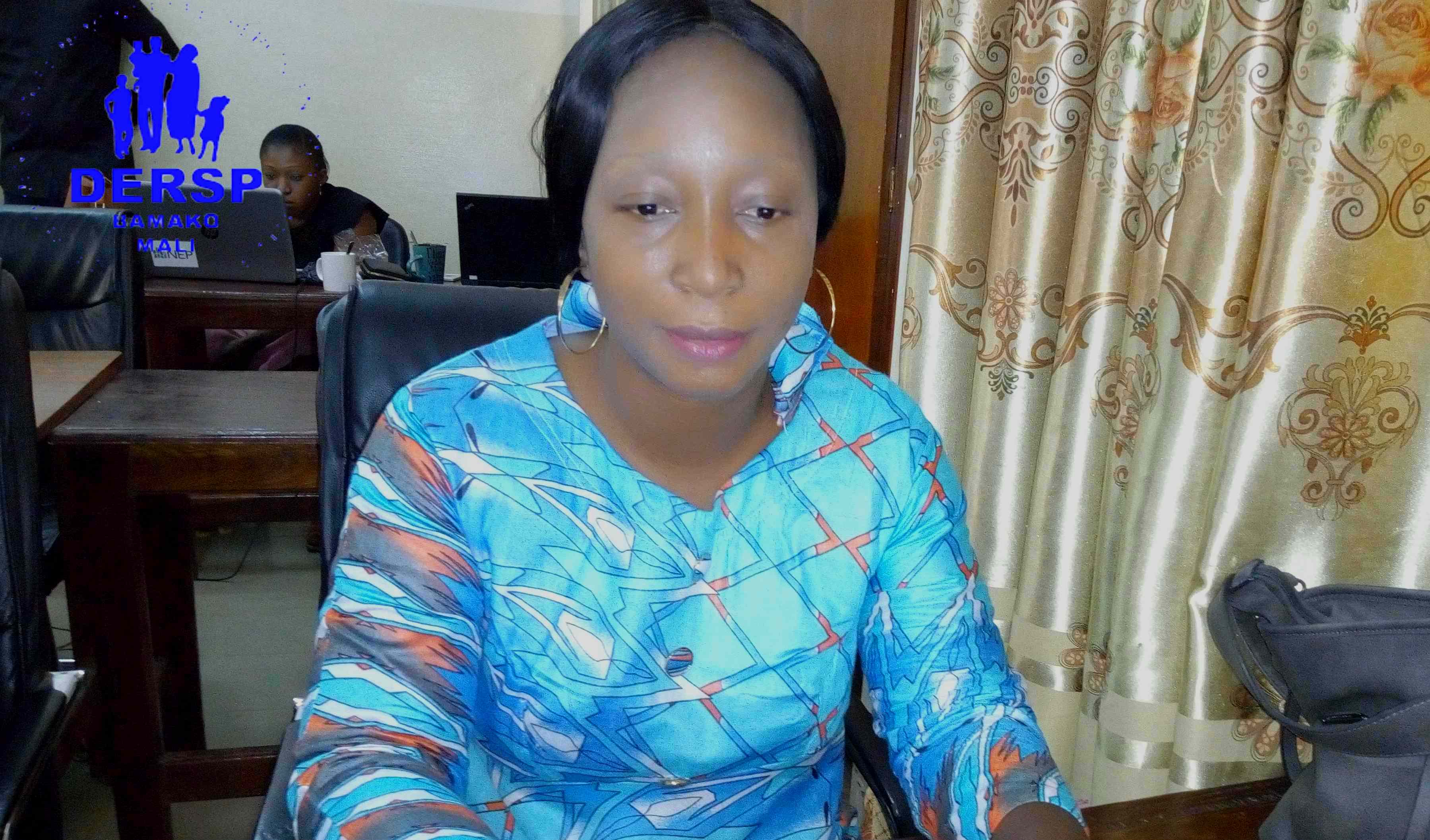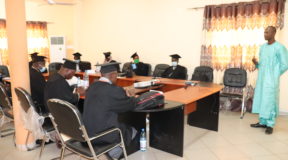Dr niélé Hawa Diarra, learner of the 8m1 will present an article entitled “increasing postpartum family planning uptake through Group antenatal care: a longitudinal prospective design”, on Thursday 28 March 2019, from 14:05 to 3:30 p.m. in the classroom of the 8M1.
Who is Dr. Niélé Hawa DIARRA?
Dr. Niélé Hawa Diarra holds a doctorate of State in medicine from the Faculty of medicine and Odonstomatology at the University of science, technic and technology of Bamako. She first worked as a research coordinator on a number of DERSP project numbers in maternal and child health (obstacles related to the effective taking of MS in pregnant women in Mali, the resilience of Malian children…). Dr. Diarra then continued to evolve in research but with international NGOs such as save the children and water aid, as a program manager on health and nutrition in the school environment. It has conducted operational research on an intervention integrating chemo seasonal prevention of malaria with micronutrient powder supplementation, and on the management of menstrual hygiene in the school environment. For a few months, Dr. Diarra is back at the DERSP and is involved in the research activities of the same departement. Dr. Diarra is focal point of the reproductive health observatory set up as part of a partnership between the DERSP and the NICHE project. It participates in the development of research protocols and data collection tools, the collection, analysis and drafting of reports. She also participates in the supervision of medical students at the end of the cycle as part of the thesis.
ABSTRACT
Background: Despite significant improvements, postpartum family planning uptake remains low for women in sub-Saharan Africa. Transmitting family planning education in a comprehensible way during antenatal care (ANC) has the potential for long-term positive impact on contraceptive use. We followed women for one-year postpartum to examine the uptake and continuation of family planning following enrollment in group versus individual ANC.
Methods: A longitudinal, prospective cohort design was used. Two hundred forty women were assigned to group ANC (n = 120) or standard, individual care (n = 120) at their first ANC visit. Principal outcome measures included intent to use family planning immediately postpartum and use of a modern family planning method at one-year postpartum. Additionally, data were collected on intended and actual length of exclusive breastfeeding at one-year postpartum. Pearson chi-square tests were used to test for statistically significant differences between group and individual ANC groups. Odds ratios and adjusted odds ratios were calculated using logistic regression.
Results: Women who participated in group ANC were more likely to use modern and non-modern contraception than those in individual care (59.1% vs. 19%, p < .001). This relationship improved when controlled for intention, age, religion, gravida, and education (AOR = 6.690, 95% CI: 2.724, 16,420). Women who participated in group ANC had higher odds of using a modern family planning method than those in individual care (AOR = 8.063, p < .001). Those who participated in group ANC were more likely to exclusively breastfeed for more than 6 months than those in individual care (75.5% vs. 50%, p < .001). This relationship remained statistically significant when adjusted for age, religion, gravida, and education (AOR = 3.796, 95% CI: 1.558, 9.247).
Conclusions: Group ANC has the potential to be an effective model for improving the uptake and continuation of post-partum family planning up to one-year. Antenatal care presents a unique opportunity to influence the
adoption of postpartum family planning. This is the first study to examine the impact of group ANC on family planning intent and use in a low-resource setting. Group ANC holds the potential to increase postpartum family planning uptake and long-term continuation.
Trial registration: Not applicable. No health related outcomes reported.
Keywords: Antenatal care, Family planning, Group antenatal care, Sub-Saharan Africa, Reproductive health









